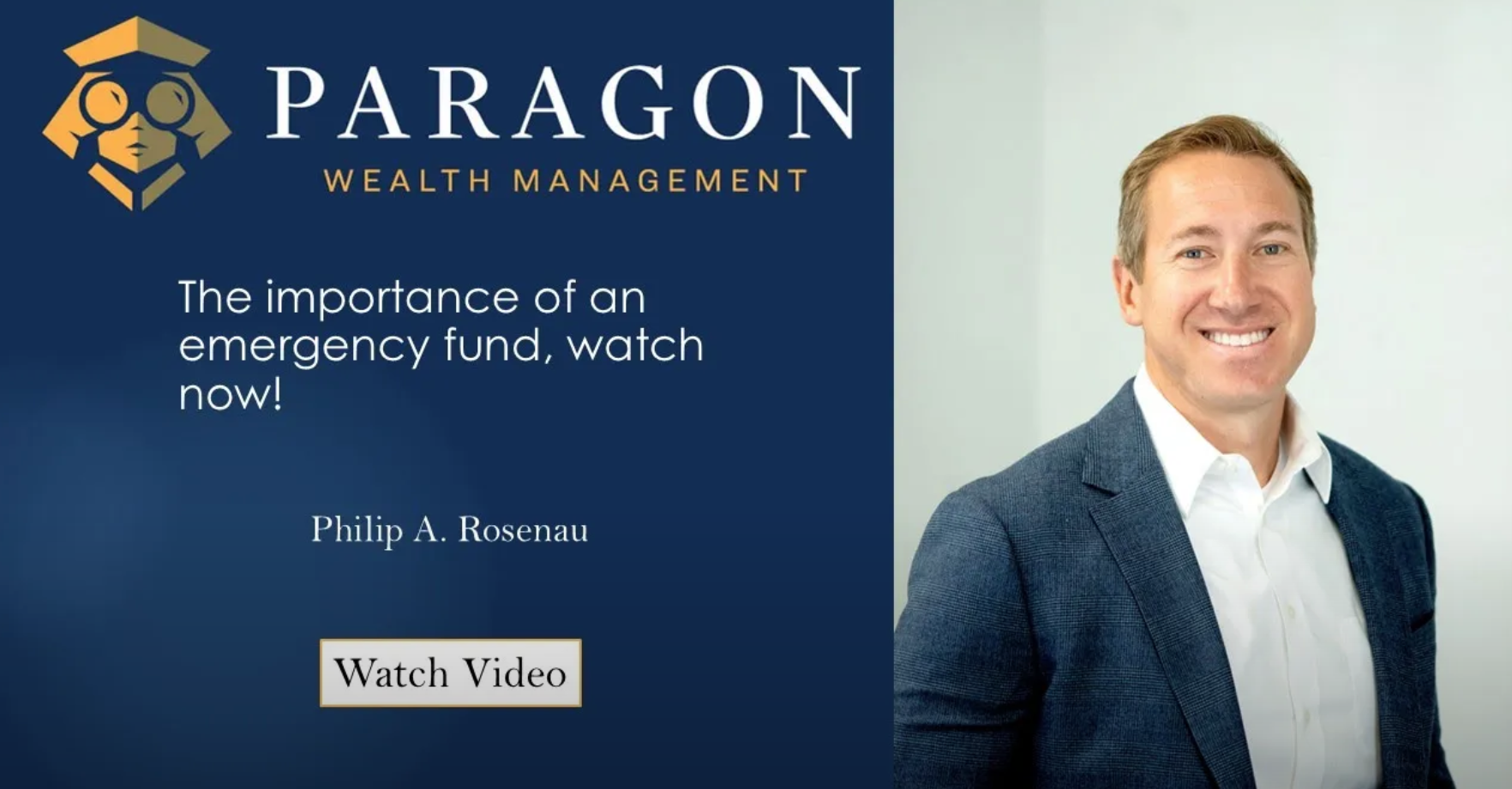
With year-end planning in full swing, let’s talk about something often overshadowed by retirement accounts and tax deadlines: the humble emergency fund. This financial safety net might not be flashy, but it’s your quiet hero in times of crisis. And if you’re recently single or a business owner, that “quiet hero” might be more important than ever.
Here’s why an emergency fund deserves your attention—and maybe even a spot on your list of New Year’s resolutions (right between “go to the gym” and “finally organize the garage”).
Why Have an Emergency Fund?
Life doesn’t wait for the convenient moment to surprise you. Whether it’s a medical bill, home repair, or an unexpected change in income, emergencies pop up when we least expect. An emergency fund is there to handle the bill without derailing your plans or forcing you to whip out the credit card.
For most folks, 3-6 months of essential expenses is a solid starting point. But for those with unique circumstances—say, entering the dating scene for the first time in years or juggling payroll on top of personal expenses—you may want a little more cushion.
Emergency Funds for Recently Single Individuals
For recently single people, the emergency fund is like that supportive friend who helps you tackle new challenges, from covering rent solo to managing unexpected “single life” costs. (Because yes, takeout might become an emergency when you’re figuring out solo cooking.)
Aim to set aside 6-12 months of expenses to cover essentials like housing, utilities, and any surprise expenses tied to the transition, like legal fees or a last-minute moving truck. It’s okay to start small, setting milestones of one month at a time—because an emergency fund isn’t built in a day.
Emergency Funds for Business Owners
For business owners, “variable income” can mean anything from thriving sales to quiet months where your clients are MIA. A personal emergency fund covers your expenses, but you’ll likely need a separate fund to support the business in leaner times. Six to twelve months’ worth of both personal and business expenses can give you the breathing room to ride out income cycles without scrambling.
Keep personal and business funds separate to maintain clarity—and prevent that dreaded moment when you pull from your savings to make payroll.
Building Your Fund: Small Moves with Big Impact
Starting from scratch? Here are a few moves to help build that fund without upending your budget:
- Automate Savings: Set up an automatic transfer to a dedicated emergency fund account each month. Small, steady deposits will grow faster than you’d think.
- Trim Temporarily: Pause non-essentials and redirect those funds toward your emergency savings.
- Use Windfalls Wisely: Tax refunds, bonuses, or that mysterious $20 you found in your winter coat pocket—allocate these toward your emergency fund for quick gains.
Where to Stash Your Emergency Fund
Store your fund in a high-yield savings or money market account—somewhere accessible, but not so close you’ll be tempted to “borrow” from it to book that spontaneous vacation. For business owners, keeping separate accounts for personal and business reserves makes life simpler come tax season.
When to Tap into Your Fund
Finally, let’s talk rules: an emergency fund should cover unexpected, necessary expenses—think job loss, a burst pipe, or an emergency repair, not a great sale on new golf clubs. Establish these boundaries early to keep your fund intact.
Build Your Safety Net with Paragon Wealth
An emergency fund isn’t just a safety net; it’s your financial breathing room. Whether you’re navigating a new chapter in life or managing the ups and downs of business ownership, having a reserve helps you handle life’s surprises with confidence.
If you need help creating a financial plan tailored to your situation, we’re here at Paragon Wealth. Let’s make sure you start the new year ready for whatever comes your way. I can be reached at (215) 543-6576 or phil@paragon-wealth.com.
About Phil Rosenau
As a graduate of Germantown Academy, Phil Rosenau earned his bachelor’s degree in economics at Drew University, while also earning a minor in business management. His passion for creating and maintaining business relationships drove him to join the Prudential Advisors team, where he met Charlie and Ricardo before starting Paragon Wealth together.
Phil is a lifelong resident of Bucks County and the son of a local entrepreneur. He understands the unique needs of small business owners, takes pride in providing his clients with the knowledge to understand their unique financial situation, and helping them navigate their financial future with confidence. He enjoys spending time with his wife, Caroline, and two children, he is the current president of the MDM networking group, and he is active with the local CrossFit community. Phil is also proud to be part of the Drew University Lacrosse Legacy where he played all four years. You can find here on LinkedIn, or here on Facebook.
The opinions voiced in this material are for general information only and are not intended to provide specific investment or tax advice, or recommendations, for any individual. All investing involves risk including loss of principal. No strategy assures success or protects against loss. There is no guarantee that a diversified portfolio will enhance overall returns or outperform a non-diversified portfolio. Any securities mentioned here are for informational purposes only and are not recommendations to buy or sell any security.
Securities offered through LPL Financial, Member FINRA/SIPC. Investment advice offered through Great Valley Advisor Group, a Registered Investment Advisor. Paragon Wealth Management and Great Valley Advisor Group are separate entities from LPL Financial.
Compliance Tracking # – 677446-1
